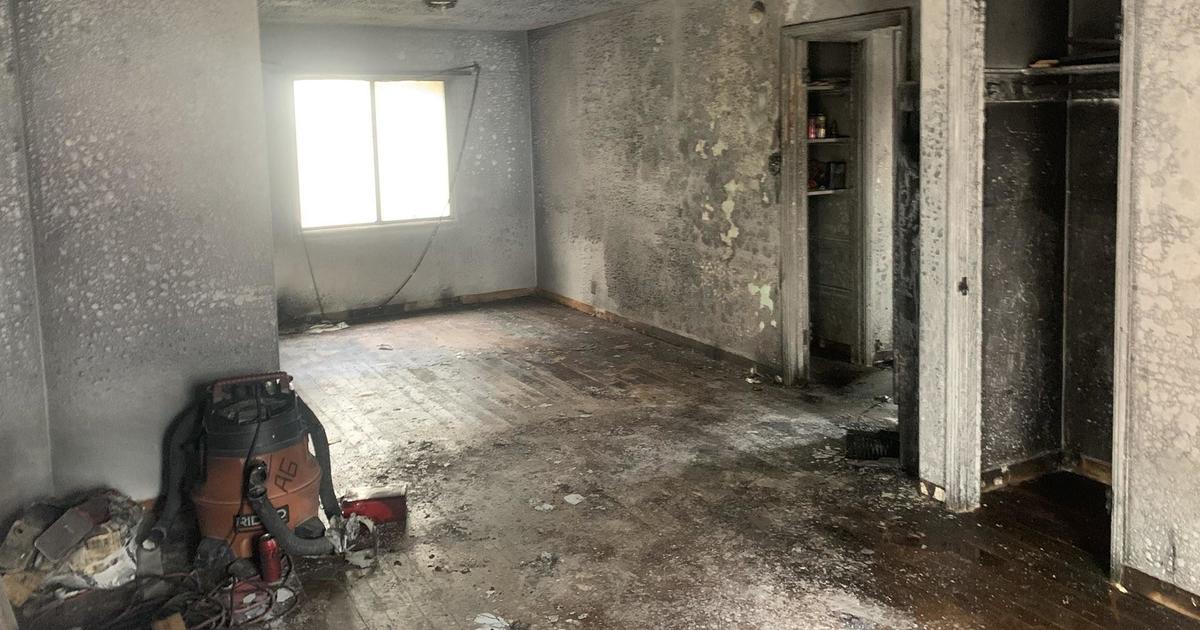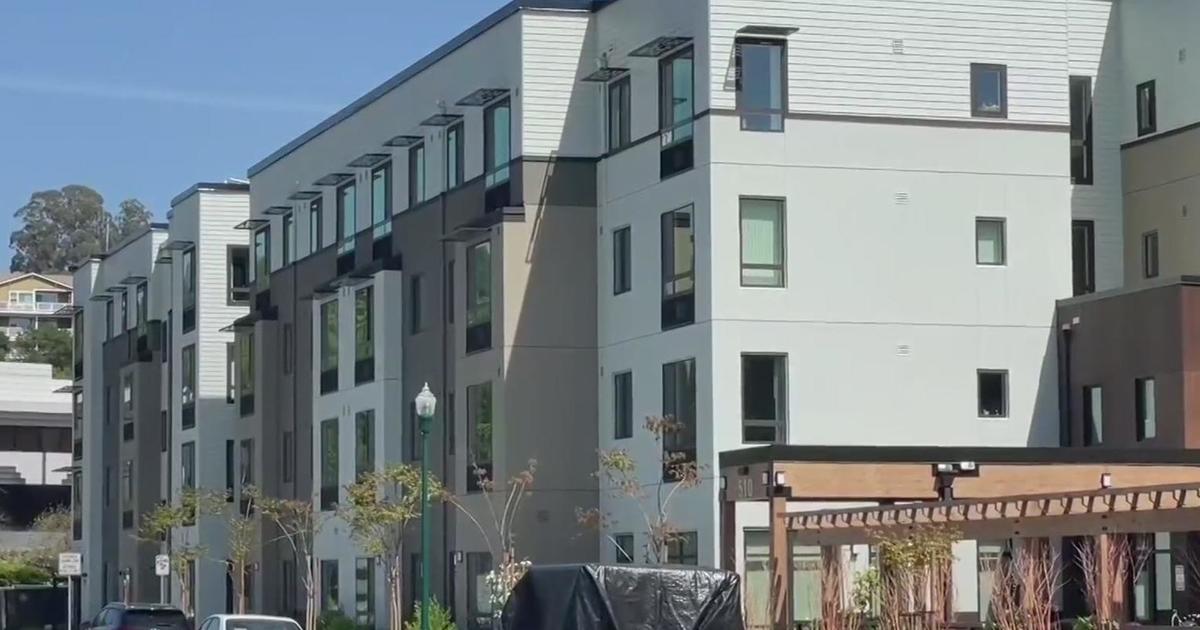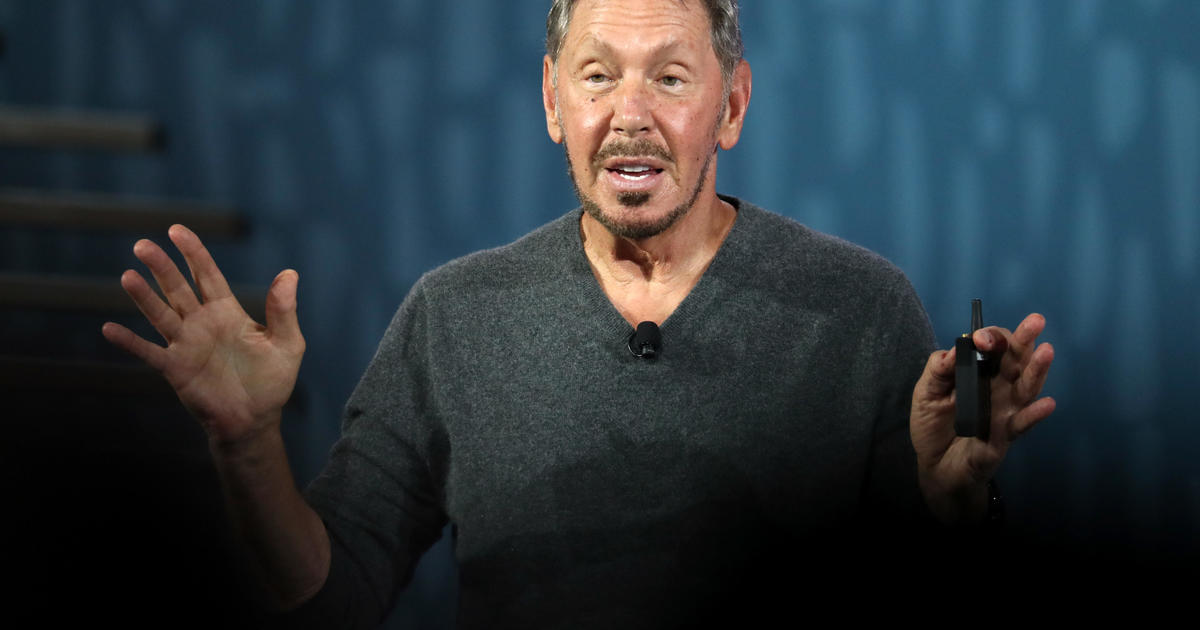Chief Prison Psychiatrist Says CA Gave Inaccurate Data For Inmate Mental Care
SACRAMENTO, Calif. (AP) — The chief psychiatrist for California's prison system is alleging that state officials provided inaccurate or misleading information to a federal judge and inmates' attorneys, giving the false impression that the system is properly caring for mentally ill inmates.
U.S. District Judge Kimberly Mueller on Wednesday said she plans to hear public testimony from the whistleblower, Dr. Michael Golding. She ordered corrections officials to halt their own internal review and avoid retaliation while she considers ordering an investigation by her court-appointed special master.
Corrections officials declined comment on the litigation. But Gov. Jerry Brown's deputy legal affairs secretary, Gabriel Sanchez, told Mueller that other corrections employees may have a different point of view than Golding.
"A lot of the allegations go to the entire system" of providing mental health care to more than 30,000 inmates, Deputy Attorney General Andrew Gibson told the judge. Gibson added that officials take the allegations seriously and wanted to launch their own internal personnel investigation "to get to the bottom" and "fully understand what Dr. Golding is alleging."
Golding's accusations are included in a 160-page report with 60 exhibits. Mueller sealed it from public view to protect inmates' privacy.
Michael Bien, an attorney representing inmates, said in an interview that the allegations undermine the state's efforts to end years of federal oversight.
"There's a fundamental trust issue here," Bien said. "If we can't trust that kind of basic data, then that's a tremendous setback."
The allegations already prompted inmates' attorneys to walk away from a nearly completed agreement that would have allowed the state to reduce the number of prison psychiatrists from 405 to 326, a 20 percent reduction..
The now stalled agreement was based on prison officials' representations to Mueller, her special master and inmates' attorneys that they could provide proper mental health care with fewer employees, in part by increasing their use of telepsychiatry, in which psychiatrists talk to inmates through two-way video hookups.
The state was reporting on a public website that psychiatrists were meeting with troubled inmates within required time limits nearly all the time, Bien said. In fact, Golding says, they were meeting time limits only 20 percent to 30 percent of the time.
"It showed up all green for mental health — they were doing great," Bien said. But officials changed their reports last summer after Golding complained, he said, and now the same indicators are "all red."
Golding also alleges that officials overstated their success in providing inmates with proper medication and with properly checking those medications for side effects, Bien said.
Similarly, state officials told inmates' attorneys that they weren't using a certain telepsychiatry system in ways that violated inmates' privacy rights, Bien said, but Golding says they were simply using a different hookup and "played with the truth a little bit."
It's not clear if state officials were deliberately misleading or making deliberate factual misrepresentations, or if it's more a case of state officials and lawyers trying to put a more positive light on the facts, Bien said.
© Copyright 2018 The Associated Press. All Rights Reserved. This material may not be published, broadcast, rewritten or redistributed.



